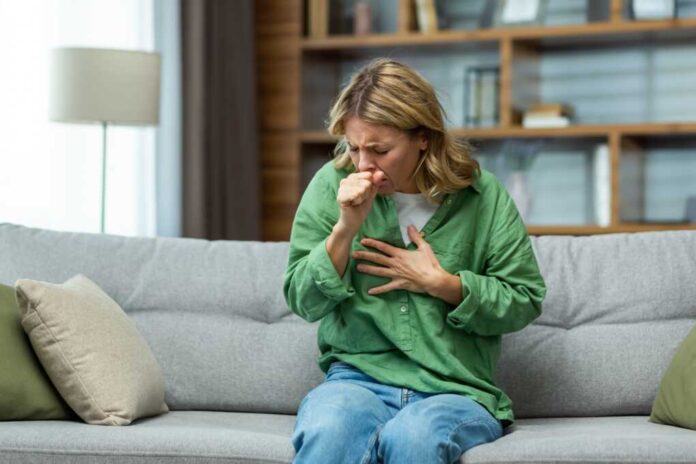
While having a cold may look like a common illness, there may be more to it. This article teaches you signs to look out for when the condition might be worse than you think.
Chills
This happens when you shiver because your body temperature changes. It is also not a typical cold symptom and is commonly an early sign of infection and high fever. Examples of such conditions include flu, pneumonia, or COVID-19.
Body Aches
You may experience slight body aches due to a cold, but stronger ones usually indicate COVID-19 or the flu. This is because short-term achy muscles often come with a fever.
Temperature Increases
This is a sign that your body is trying to fight an infection or illness, and a cold rarely causes it. Instead, common causes of fever include flu, pneumonia, bronchitis, and COVID-19.
Cough With Mucus
A cold might give you a mild, pesky cough, but coughing up mucus could be a sign of pneumonia or bronchitis, especially if there’s blood in it. COVID-19 can also give you a dry cough but can also make you cough up mucus.
Wheezing
This happens when your breathing sounds like a whistle. If you’re wheezing, it could indicate a serious infection, such as bronchitis or pneumonia, especially if it happens when you lie down. It could also be a sign of anaphylaxis, a severe reaction to an insect bite, or something you ate.
Sore Throat
A mild sore throat could be a cold or flu symptom and should clear up once the illness is gone. However, a painful sore throat that happens quickly could be a sign of strep throat. This is a bacterial infection that should be treated using antibiotics.
Fatigue
Feeling like you have no energy or appetite is a typical flu symptom. It could also be a sign of a sinus infection, which is common but more serious than a cold.
Shortness of Breath
Colds can give you a stuffy nose, but real shortness of breath is a common symptom of asthma or a flare-up of COVID.
Chest Tightness or Pain
This is a tell-tale sign of a serious respiratory infection, such as bronchitis. It can make your chest tight, and you may have difficulty taking a deep breath. Sharp chest pain that worsens when you cough could also be a sign of pneumonia.
Conclusion
You must get medical help immediately if you notice any of these symptoms to ensure you get a proper diagnosis and treatment.



















